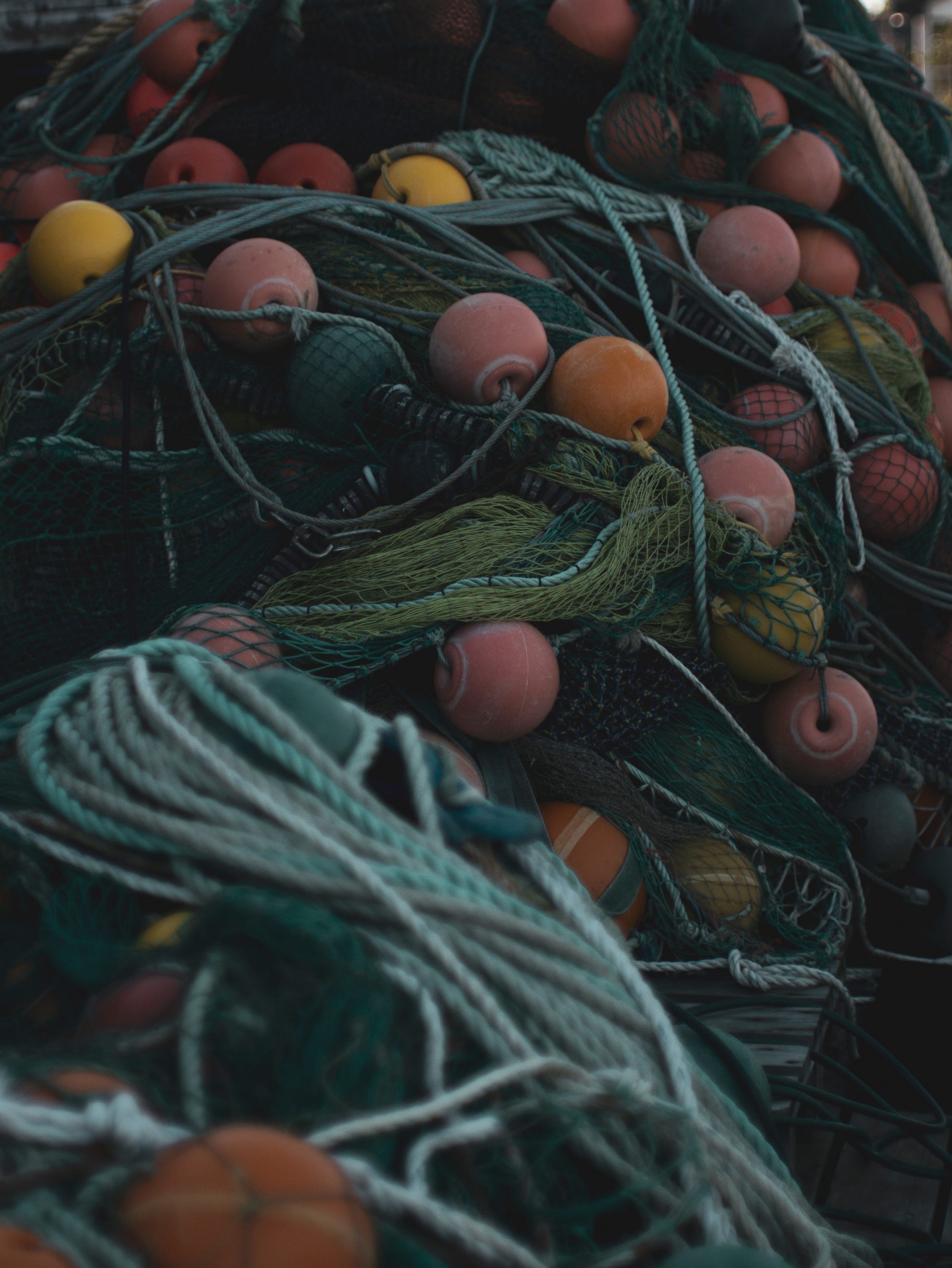For decades, the West Coast salmon industry has been a vital part of the region’s economy and culture. However, that era may be coming to an end as the industry grapples with a new ban on commercial salmon fishing.
The ban, which covers most of the West Coast, was put in place by the Pacific Fishery Management Council in an effort to protect dwindling salmon populations. The council has cited a combination of factors, including climate change, habitat destruction, and overfishing, as contributing to the decline in salmon numbers.
The ban has been met with mixed reactions from those in the industry. Some fishermen and business owners see it as a necessary step to preserve the long-term health of the salmon population and the ocean ecosystem as a whole. Others, however, are concerned about the economic impact of the ban on their livelihoods and the communities that depend on the industry.
The West Coast salmon industry is worth billions of dollars and supports thousands of jobs, from fishermen and processors to restaurant owners and tourism operators. The ban is expected to result in significant job losses and revenue declines, particularly for smaller businesses that rely heavily on salmon fishing.
In addition to the economic impact, the ban has raised questions about the future of the West Coast salmon industry. Some experts argue that the decline in salmon populations is a symptom of larger environmental problems, such as climate change and pollution, that must be addressed if the industry is to survive. Others suggest that alternative fishing methods, such as aquaculture or selective fishing, may offer a way forward.
Regardless of the path forward, the West Coast salmon industry is facing an uncertain future. The ban on commercial fishing is a clear indication that the status quo is no longer sustainable and that significant changes will be necessary to ensure the long-term health of the salmon population and the ocean ecosystem.
As the industry grapples with this new reality, it will be important for all stakeholders to work together to find solutions that balance the needs of the environment, the economy, and the communities that depend on the West Coast salmon industry. The end of an era may be a difficult transition, but it also presents an opportunity to build a more sustainable and resilient future for the industry and the region as a whole.




